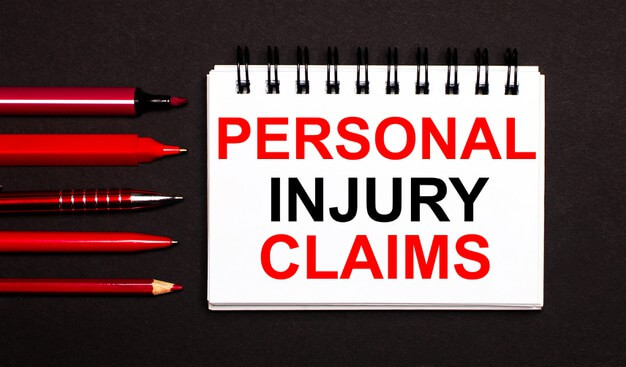As a parent, you would likely do anything possible to keep your child safe from harm. However, unfortunately, life is unpredictable, and accidents do occur. When these accidents are the direct result of another person’s reckless behavior, though, there is an avenue of recourse available.
In this case, filing a personal injury case is the best course of action. Seeking a settlement from the liable party will provide you and your child with the financial resources needed to treat the injuries and manage any changes to their lifestyle.
But before you move forward, there’s one major factor to consider: are you legally allowed to file a claim on your child’s behalf? The answer and associated proceedings aren’t also so straightforward. To better understand what your rights are and the best course of action moving forward, consult the guide below.
Filing a Claim on Behalf of Your Child
When They’re a Minor
The legal age of adulthood in the United States is 18 years old. Any person under 18 is still considered a minor and is therefore under the care and discretion of their parent or legal guardian.
As such, if your child was hurt in an accident, they will need you to start the legal proceedings on their behalf. So, to answer your question, yes, you are allowed to file a personal injury claim on their behalf if they’re still considered a minor.
However, you’ll need to keep in mind that the case should always be focused on your child and the way their life has been impacted by the accident. Focusing too much on the financial or lifestyle burdens you’re facing, rather than your child, could call the validity of your claim into question and lead to your child losing out on the benefits they desperately need.
If you are successful, and a settlement is reached, you won’t be able to collect the compensation on their behalf, though. In this case, any earnings awarded to your child will almost always be placed and held in a special bank account in their name. They will not be able to touch the money until they are of legal age.
That doesn’t mean that you’ll be forced to front all the costs associated with their care, though. If you are struggling to manage any exorbitant medical bills associated with your child’s injuries, you can request permission to access some of the settlement money for those bills.
When They Aren’t a Minor
If your child is over the age of eighteen, they’ll be considered a legal adult. In this case, they are fully responsible for themselves — at least in the eyes of the law. As such, you won’t be eligible to file a personal injury claim on their behalf. And if you do convince them to file a claim on their own, you’ll need to remember that the process of handling the settlement will also be different.
In this case, your child will have immediate access to any earnings awarded from the case. They will be free to do what they deem appropriate with the money. Furthermore, it will be far more difficult to argue for a portion of the settlement, even if they are still under your care.
All decisions associated with how the settlement money will be spent will need to be handled in your home. Ultimately, the decision will be up to your child, with very little room for pushback on a legal basis.
Regardless of if you’re filing on your child’s behalf or helping them file an individual claim, your best bet for success is to work with an attorney, like the ones found at Zachar Law Firm.













